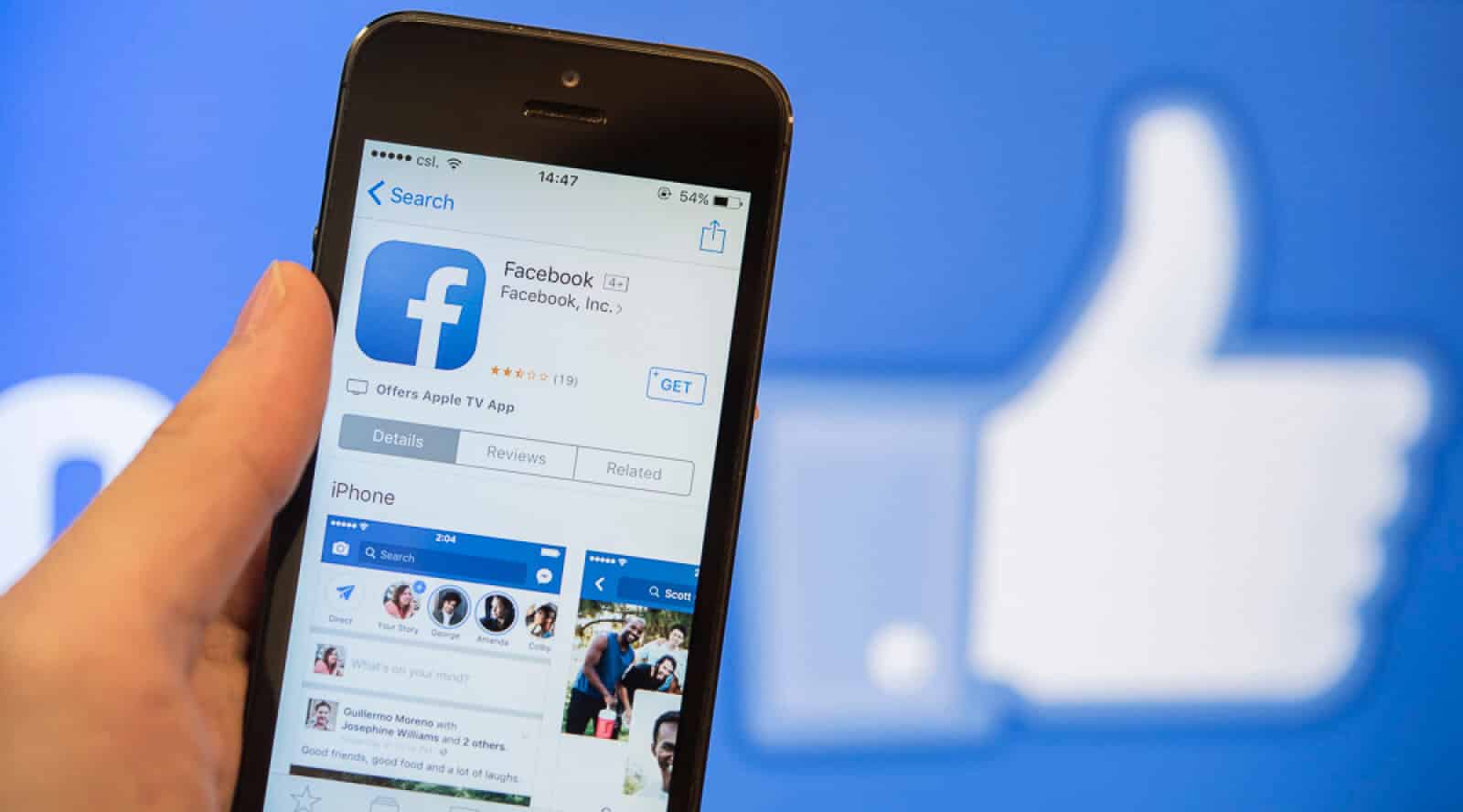The world’s largest social network has a long list of challenges that need to be addressed. Starting from the election meddling and spreading fake news to the allegation of misuse of data and censorship. Right now the tech giant is under lots of pressure to takes counter steps to stop these.
Now the company has announced details about an independent board that they are forming that has the power to reverse the company’s own decisions about what content it displays up or removes down. The company is seeking feedback from various resources like researchers, think tanks, and other groups as to how the board could be constructed. Facebook expects the ideas to be related to how the board should work, what types of concerns it might hear and how it can handle all cultural differences. The board is expected to comprise 40 members, and each member would work for three years, though the final decision can change based on the actual needs of the company.
Facebook has also mentioned how it is taking steps to stop the spread of misinformation and election meddling ahead of the European Parliament election in May. The measures include the rollout of a tool that is capable of tracking political ads globally, and the establishment of “regional operations centers” in Facebook’s Dublin and Singapore offices to stop hate speech, fake news, and suppression of voters before elections.
This move is seen as Facebook attempts to rebuild user faith after a sequence of many scandals, including the Cambridge Analytica, a UK political consultancy that harvested data on almost 87 million users without their knowledge.
From a recent event that took place in Brussel, the Facebook’s head of global affairs and communications, Nick Clegg, said: “On elections, I’m in no doubt that we have a lot of work to do to demonstrate that Facebook tools can provide a positive contribution to the quality of our democracy.” He also added that “much of the skepticism that Facebook faces as a company and as an industry is about something more fundamental: the role of personal data in the internet economy.”
Facebook has also promised that it is going to release a political ads database in India, Europe, Israel, and Ukraine ahead of elections in these countries respectively before expanding the tool worldwide. Facebook is extending the rule of “verifying identity and location of ad companies” to other countries. IT is imposed that ads must incorporate a “paid for by” disclaimer, and these data are stored in a public database for up to seven years.
When this rule was the first cast in the U.S.A., many glitches occurred in the political ads database. Some users raised their worry stating that their ads were being mischaracterized as political, on the other hand, few news outlets found loopholes in the system which allowed them to get approval for fake political ads. Though there is still a long and treacherous way to go for the company to completely stop the problem of spreading fake political news, it is good to know that efforts are going on to make things happen.




